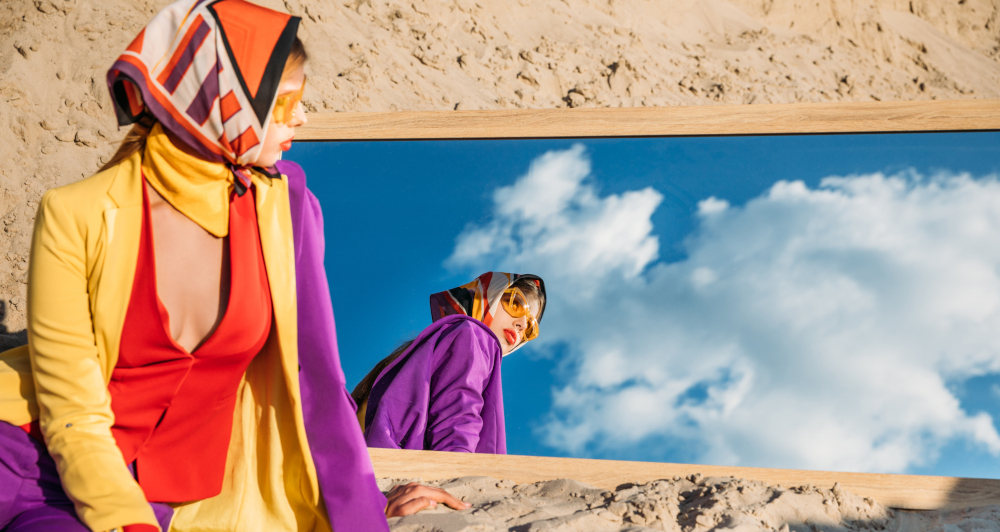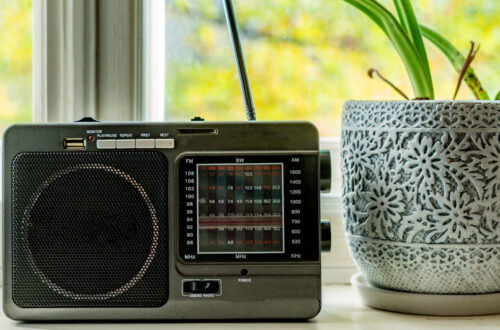
Nightclubs, Casinos, and the New Age of Faith
It starts with a glow. Neon blue, pulsing just above eye level, flickering like a digital flame. It cuts through cigarette smoke and perfume, washes over dancers, gamblers, DJs, bouncers, and bottle girls alike. Blue light. It has become the unofficial sanctuary lighting of modern South Africa’s after-dark culture. But behind the strobes and LED signage, something deeper is happening. In cities like Johannesburg, Cape Town, Durban, and even in smaller towns trying to imitate the urban sprawl, there’s a new kind of faith forming, not in churches or mosques, but in clubs, in casinos, in spaces where sweat meets chance and the beat never drops long enough to catch your breath.
There was a time when faith meant stillness. Silence. Listening for something larger than yourself. Now, it often means noise. Movement. Losing yourself in a rhythm, a slot machine spin, a roulette wheel’s blur, or a Sunday night DJ set that draws hundreds not just to dance, but to feel something that cuts through the rest of the week. For many, these moments are spiritual, even if they never call them that.
We’ve entered the era of the blue light baptism, a ritual of immersion, not in water, but in spectacle. A kind of emotional rinse in bass lines and bets. Where communion is a shared bottle, and confession comes in the form of blurry voice notes sent from a club bathroom at 3am. Where belief isn’t in heaven or karma, but in odds and algorithms, in the idea that the next hand, the next spin, the next song might finally give you what this world keeps holding just out of reach.
In the past, religion offered order. Predictability. A story you could follow, with rules, consequences, and the promise of redemption. In the club or casino, there are no rules that hold long enough to matter. A man in debt can walk into a gaming floor and leave with R20,000, or nothing at all. A woman grieving can throw herself into a crowd and be lifted by strangers who don’t know her name but understand her rhythm. There’s chaos in this faith. But it’s a chaos people are choosing.
Why? Because traditional structures have crumbled for many. Formal religion in South Africa still exists, but for some, it doesn’t speak to their pain anymore. It doesn’t address hustle culture, online validation, anxiety wrapped in TikTok trends, or economic desperation hidden behind ring lights. But nightlife does. Casinos do. They don’t promise eternal salvation, but they do offer temporary transcendence, just enough of a break to feel holy in the moment.
Step into a VIP booth at 1am and listen. It’s not just music. It’s prayer. It’s a young woman shouting “This is OUR time!” over a Drake track. It’s a guy at the slots whispering “Just one more, come on, come on,” like a mantra. It’s the security guard nodding to the beat while texting his kid back home. It’s collective yearning, not for the divine, but for control in a world that keeps taking it away.
 And let’s not pretend this new religion is purely joyous. It’s filled with contradictions. The same night that brings laughter can end in loneliness. The bet that wins can lead to a string of losses. Faith in nightlife is fragile. It’s no coincidence that so many people come undone here. But maybe that’s part of the appeal. In traditional faith, vulnerability is sacred. So too, in these blue-lit temples, is the vulnerability of dancing with strangers, of placing a risky bet, of believing in something, even for a moment, that the rest of the world insists is foolish.
And let’s not pretend this new religion is purely joyous. It’s filled with contradictions. The same night that brings laughter can end in loneliness. The bet that wins can lead to a string of losses. Faith in nightlife is fragile. It’s no coincidence that so many people come undone here. But maybe that’s part of the appeal. In traditional faith, vulnerability is sacred. So too, in these blue-lit temples, is the vulnerability of dancing with strangers, of placing a risky bet, of believing in something, even for a moment, that the rest of the world insists is foolish.
There’s also a sense of community that mirrors old-school congregations. Regulars at certain casinos know each other by name. Club goers return to the same spots week after week, not just for the music, but for the people who remember them, who make them feel seen when the rest of life is transactional. There’s belonging in shared madness. In mutual escape. In rituals like “one last drink,” or “let’s put down R100 each and split the win.”
Of course, the system is aware of this dynamic. Casinos and clubs don’t just sell entertainment, they curate an experience of near-religious devotion. From lighting to scent diffusers, from sound design to dress codes, these spaces are engineered to stir feeling. Not peace, necessarily, but presence. Full, intoxicating presence. And in a distracted world, that’s priceless.
Critics will argue this is all hollow. Hedonism. Escapism. But so is most of what we do to survive a world that doesn’t always make sense. The blue light baptism isn’t trying to save your soul. It’s offering you a moment to feel like you still have one. And for many South Africans navigating load shedding, low wages, rising rent, and fading dreams, that’s more than enough.
And while we’re here, let’s acknowledge the layers. Nightlife faith is not equally distributed. There’s a difference between the club culture of Sandton and the late-night shebeens of smaller provinces. Between the boutique casinos with chandeliers and the dusty digital slots on the outskirts of town. But they’re linked. By light. By need. By that same search for meaning, status, relief, or just a version of yourself that isn’t tired, anxious, or broke.
So next time you drive past a glowing blue doorway at 2am, don’t roll your eyes. Someone inside is hoping the next beat or bet will break the loop of their daily life. They’re not lost. They’re looking. Just like the rest of us.
In the age of fractured belief and algorithmic everything, maybe the nightclub and casino aren’t just places of risk and excess. Maybe they are altars. Maybe they are sanctuaries for the modern soul. Not perfect ones, but real.
And in this blue-lit blur of hope and habit, faith doesn’t arrive in silence. It roars.




